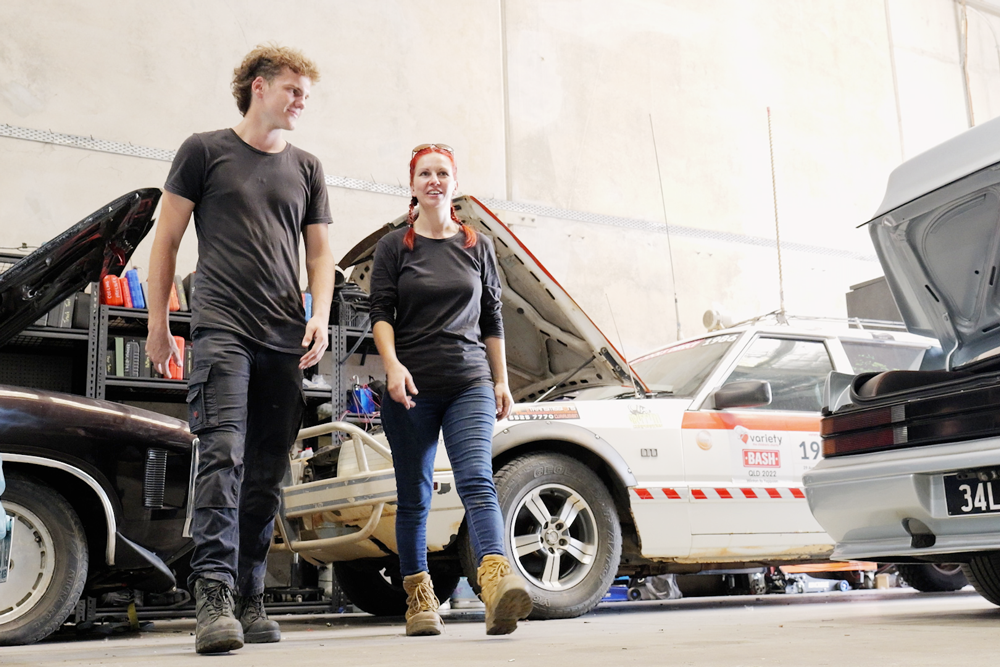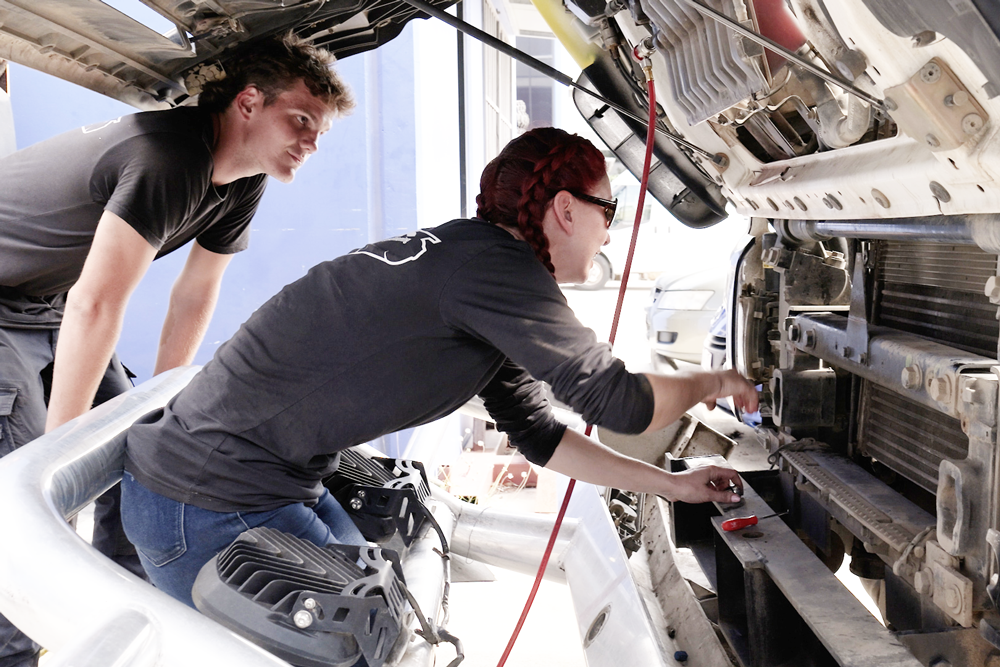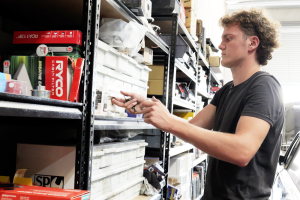
The shortage of skilled workers continues to be a major source of pain for the automotive industry. From mechanics to engine reconditioners, from collision repairers to painters, from heavy vehicle to auto electrical and everything in between, finding those who already have the skills to do the job, or apprentices wanting to start that career journey, is a real challenge.
Organisations such as MTA Queensland are working to develop solutions, and amongst its initiatives the Association has developed AutoWomen, which is designed to provide support to women working in and wanting to develop a career in the industry; and can offer tailored workforce planning assistance through an Industry Workforce Advisor program.
MTA Queensland also runs programs such as the Auto Ready introductory training course for school students; the AUR20720 Certificate II in Automotive Vocational Preparation course, also aimed at school students; and has launched the Transit Lane School 2 Work Program, the goal of which is to develop stronger pathways and connections between school students looking to enter the automotive trade, parents, school co-ordinators, and automotive employers.
Funded by the Queensland Government as part of the Good people, Good jobs, Queensland Workforce Strategy 2022-2032, the Transit Lane School to Work Project had seen the development of new resources – including the autoschoolconnect.com.au website – that promote a better understanding of the career pathways available in today’s automotive industry to the next generation of workforce and their support networks.
The project will also close the gap when it comes to supporting students into a school-based apprenticeship or traineeship (SAT) with a supportive employer, as well as provide ongoing support to all involved parties to ensure the best apprenticeship experience for the student.
A school-based apprenticeship is a pathway that is proving to be successful for many businesses, including Crank Auto Electrics and Air Conditioning at Deception Bay. Crank, which offers the full range of auto electrical services, is owned and run by husband-and-wife team Cameron and Melissa Smith who took on 17-year-old Jed Cook as a school-based apprentice early in 2023.
Melissa, a fourth-year auto-electrical apprentice herself who was recently named the MTA Queensland Apprentice of the Year, said that after an extended period of searching for suitable staff, the experience of taking on a school-based apprentice had been truly positive, even though there were some initial doubts.

“The thought of taking on a school-based apprentice was quite daunting at first,” said Melissa. “We have actually tried a trade, we’ve tried mature-aged apprentices, we’ve tried regular apprentices as well but, unfortunately, they weren’t situations that worked out for us very well. So I was quite hesitant to take on another apprentice. But the thought of someone coming in and getting to know us one day a week; getting to have a year with them to build up a relationship; figuring out if this is definitely the industry they want to be in and that they enjoy our environment; and to make sure we all mesh well together – I just thought that was something I couldn’t not go ahead with.”
The process to take on Jed as an apprentice was, Melissa added, simple and stress-free and involved communication with the school, apprenticeship network provider MEGT, and MTA Queensland.
“We decided to go ahead, and it was a really easy transition for us,” she said. “We had one interaction with the school which was really easy – they sent us a form and we signed off that we were his employer – and then went through MEGT . . . and nominated the training school we wanted Jed to be trained through – and that I am actually trained through as well – which is MTAQ. Honestly, it was all really easy.”
For Jed, starting his apprenticeship while at school was an opportunity that he had been searching for and had given him the chance to get his foot in the door of the industry.
“I always wanted to be in the automotive industry as when I was growing up my dad and I were building cars, including a Studebaker that Cam wired up,” said Jed. “I’ve been around cars all that time, so it was just natural for me to be in the industry.
“Because my dad knew the people here at Crank, it was as easy as signing a form with the school and this way I get my Grade 12 certificate, get paid, and get to work in the industry.”
Becoming a school-based apprentice was, he added, an option that any school student who knows the career they want to pursue should consider.
“Doing a school-based apprenticeship has been a great experience,” he said. “You get to finish school and also do the trade you want to do. If you want to do something like that, I’d really recommend it.”

While there are some compromises to be made when taking on a school-based apprentice, when he is at the workshop, Melissa said that Jed is treated the same as any other apprentice might expect.
“It’s really working great for us having Jed on,” she said “At the moment, he is one day a week and going to school full time. He comes in on a Wednesday, and we haven’t had to change that up. A couple of situations we’ve had to do is if he has been sick or he’s got a test or something. We do rework that with him then and get him in another day.
“I don’t think there is any difference between him being a school-based or getting a full-time apprentice,” she added. “At the end of the day, an apprentice is an apprentice . . . if you teach them, they’ll learn and it doesn’t really matter if they are one day a week or full time, it depends on how much you are teaching them.
“We have been really lucky to have a great experience with our school-based apprentice . . . I think, all round, it is a great opportunity and experience for everyone involved and I would highly recommend it for both apprentices and business owners.”
Source: Motor Trader e-Magazine (Dec 2023 / Jan 2024)
9 January 2024
